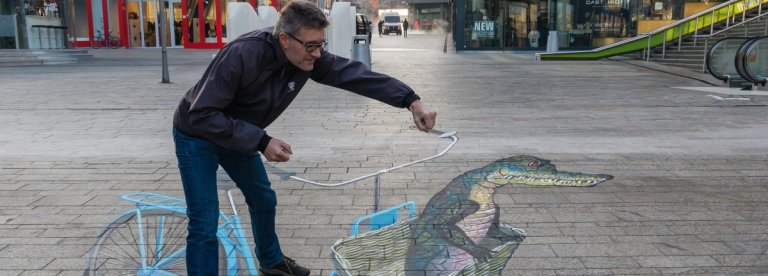
Essay mills are now marketing themselves as being able to beat plagiarism checkers like TurnItIn.
One such service, EduBirdie, the Times Higher Education reported, is said to have a new paraphrasing tool to do so.
All students have to do is copy and paste a section of text into a box. To beat the plagiarism checkers – which checks students’ submitted work against a database of essays and other websites – the tool then lets them replace words with their synonyms. And thus, the students will have “paraphrased” and beat the plagiarism checkers.
It’s the latest development in the use of technology by these unethical and illegal services to outsmart universities. EduBirdie’s paraphrasing tool is said to be part of the service’s attempt to become a “one-stop shop” for students planning to cheat.
For a fee, the service will complete homework for these students, leaving them free to “enjoy life”.
Essay mills aim to help students dodge plagiarism checkers https://t.co/0fMEnd3oEw | Times Higher Education (THE)
— HE News (@HEontap) April 14, 2019
Paraphrasing has its place in academic writing. This refers to “taking the words of another source and restating them, using your own vocabulary,” as the Massachusetts Institute of Technology
describes in its student handbook.
“In this way, you keep the meaning of the original text, but do not copy its exact wording,” it continued.
The University of Illinois, Springfield defines it as “restating in different words, (rather than quoting directly) another person’s thoughts or ideas”. It is “appropriate” when the idea can be “restated more clearly or simply, or where it is placed in the flow of the other original thoughts” but not when it is to “misrepresent whose ideas are being presented”.
The latter part is the new modus operandi of essay mills like EduBirdie. Merely replacing words to beat TurnItIn is a misrepresentation – this is an attempt to pass off another person’s work as one’s own. It’s the most common form of plagiarism among undergraduate work, according to the University of Leicester.
“Taking notes that paraphrase the views and opinions of the authors that you read is often the first stage of the research undertaken for any piece of written work.
“However, if your own writing consists largely of a string of paraphrases from a number of different writers, or an almost exact copy of the sequence of another writer’s ideas and the logic of his/her argument, you may be seen to be plagiarising, even if you acknowledge the sources of your information,” the university wrote.
It all boils down to the degree of copying.
A student may paraphrase the work of several authors, including the facts, ideas and opinion of these previous works. To list all these without any original contribution or critical analysis of these previous works, can be seen as unintentional academic cheating even though one does not claim the ideas as one’s own. It’s not desirable, and can lead to lower grades, but would not amount to plagiarism per se.
Again, it all depends on the degree of copying involved.
The best bet is always to include one’s genuine analysis. This may seem hard to undergraduates, and more so for international students for which English is not their first language, but it’s the right thing to do than to pass off another’s work (even without a checker detecting it!).
Bringing the idea and discussions forward, in addition to paraphrasing the same sources, is what will produce a good piece of academic writing and thus, better grades!
Liked this? Then you’ll love…
Harsher punishments for students who use essay mills, academics say
Celeb kids aren’t the only ones cheating their way into college…







